What is interesting in our area? From quarries to trekking; in Saltrio, there are dinosaurs to discover An easy ramble that takes us on a journey in time, with dinosaurs, quarries and the trails of the First World War
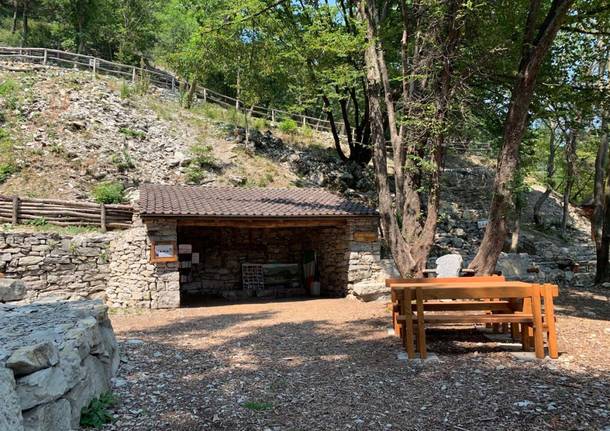
There is an area that straddles the border between Italy and Switzerland, that lies in both Varese Province and Canton Ticino, that is considered to be the very best testimony to the geo-palaeontological history of a marine environment that dates back 247-235 million years and that, through the thousands of fossils found in its rocks over the last two centuries, has enabled us to study the evolution of many groups of marine organisms in detail. This is the World Heritage Site of Monte San Giorgio.
The Swiss side entered the UNESCO World Heritage List in 2003, followed by the Italian side in 2010, thus completing the recognition of what has been the only transnational palaeontological site of such importance for over 160 years. “The fossiliferous layers of Monte San Giorgio are acknowledged to be the best in the world, particularly for the study of marine vertebrates of the Middle Triassic. The layers show us that the environment at the time was that of a complex tropical lagoon, a few tens of metres deep, between wide carbonate platforms covered by only a few metres of water, and the open sea,” according to the official UNESCO Heritage website for our province.
Saltrio: quarries and dinosaurs
On the Italian side of Monte San Giorgio, in the town of Saltrio, there is the “La Brusata” quarry, which has been open to the public since 2019, since it was salvaged through the hard work of the volunteers of the association “AMO – Amici del Monte Orsa”.
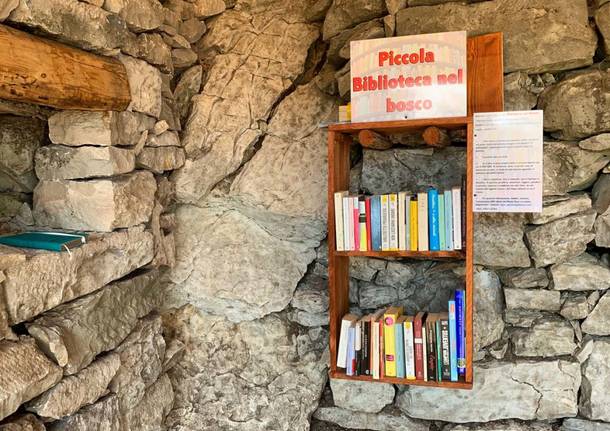
But a long time before humans and their works appeared, “only” 200 million years ago, in Saltrio there walked the truly undisputed kings of the time: the dinosaurs. And, as we have already said, many specimens have been found in the woods and rocks of Monte San Giorgio. One of these is the Saltriovenator, or “Saltriosaur” to its friends, a very important finding made in the area during the 1990s.
The story of the Quarry
Active from 1400, the “La Brusata” quarry in Saltrio provided the “grey stone” that was used to decorate the most important monuments in Italy and around the world, including some of the columns in the Duomo in Milan, of the Mole Antonelliana in Turin and of the Cathedral in Lugano. The mined boulders were brought down to the workshops in Saltrio on purpose-built wagons pulled by oxen, and once there, were transformed by the skilled hands of stone artists into columns, capitals, holy water stoups, altars and portals. It is estimated that, around the end of the 1800s, the numerous quarries in the area provided work for about 500 people.

Today, on the site, there are wide spaces that give the opportunity to look at the beauty and magnificence of this place, from different angles. Here you can admire the numerous dry stone support walls, which even exceed 100 metres in length and form two balconies of unique beauty, which are secured by fences with stakes made of fallen chestnut trees collected from the woods. There is an old, 4-metre chestnut winch, and a crucifix sculpted into a wooden trunk, that is of considerable workmanship, created by a local artist.
The story of the Saltriovenator, or “Saltriosaur” to its friends: a record dinosaur!
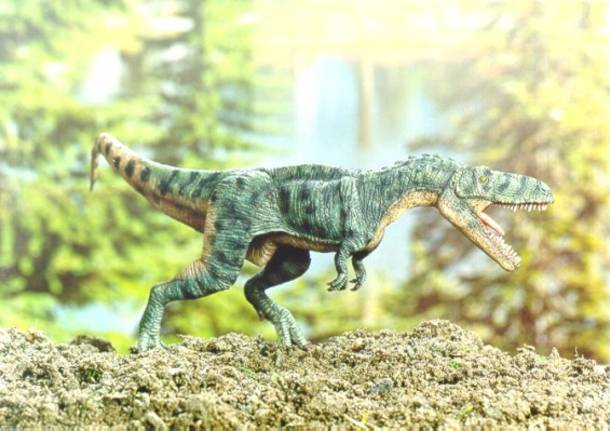
“Our” Saltriosaur is for sure the number one. Indeed, few people know that it was precisely here, in the north of Varese Province, on the border with Switzerland, that the largest dinosaur ever discovered in Italy was unearthed. It was 3.5 metres in height and up to 8 metres in length; for this reason this beautiful, large prehistoric lizard is thought to be one of the first land-based predators that reached such an imposing size. Its “associates” and contemporaries discovered in China and North America (examples of dilophosaurus) were much smaller. The Saltriosaur was discovered in 1996, precisely in the Saltrio quarry, from which it gets its name. It currently resides in the Natural History Museum in Milan.
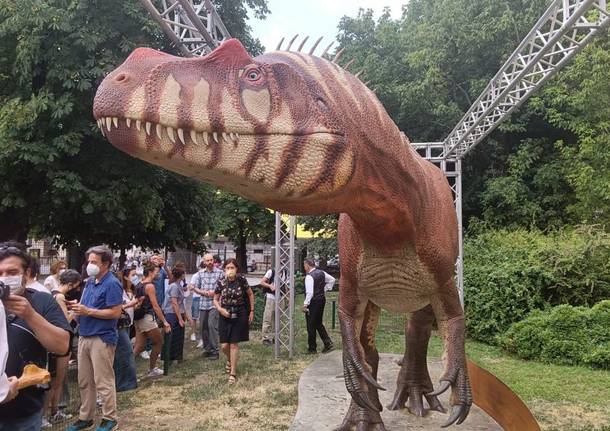
A model of Saltrioventor made for the Natural History Museum in Milan, on display in the Montanelli Gardens
The walk: from the Saltrio cemetery (560 m above sea level) – “Brusata” Quarry – Monte Croce
To follow in the steps of the Saltriosaur, set off from the cemetery in Saltrio, and go along Via Cave or Via Manzoni, by the side of the church, where there is also a large car park, where you can leave your car. At the first junction, go straight on and enter the path that climbs through the wood to the quarry; it is signposted. You will then come to a barrier, beyond which, you will soon come to a fork. Here, you can take either branch, the journey times are identical, one is just slightly steeper than the other.
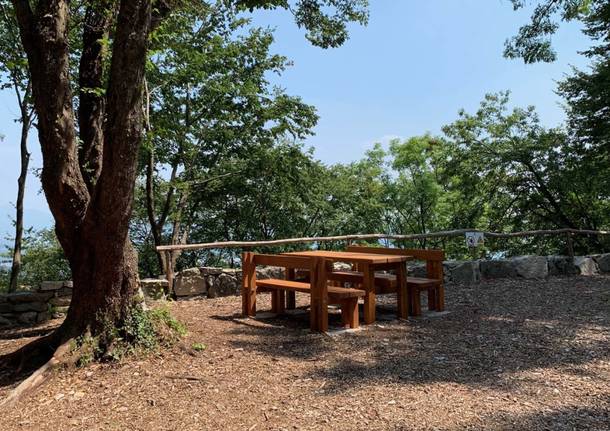
Continuing upwards, you come to the Cadorna Line and immediately after, a small bridge, behind which, there is Monte Croce, where you can reach the panoramic viewpoint, either by going through a tunnel (take a torch with you!) or by walking around it. At this point, it is up to you: either continue towards the tarmac road, which leads to Monte Sant’Elia, Monte Orsa, Monte Pravello and their thick network of paths; or enter the path, that starts from the quarry and takes you back to the starting point, along a different route from the one previously taken.
The alternative from Viggiù – You can also choose to walk for 30 minutes from Viggiù. On arriving at the Monte Sant’Elia carpark, where you can leave your car, take the path that leads to Monte Croce. On the way, there is a sign to the quarry.
How to get to Saltrio
By public transport: N05 bus service
By car: set your satnav for Via Alessandro Manzoni, 15, 21050 Saltrio VA
Near the path, there is the
TIGROS SUPERMARKET IN SALTRIO
Via Crotto, 23, 21050 Saltrio VA
0332 487527
Open everyday from 8:00 until 20:00
Sundays from 8:30.
Translated by Chiara Ruga and Giada Colnago
Reviewed by prof. Rolf Cook
La community di VareseNews
Loro ne fanno già parte
Ultimi commenti
Roberto Ganna su Elsa Fornero a Varese: “Abbiamo tolto futuro ai giovani. Ora dobbiamo restituirglielo”
Baffetta su Elsa Fornero a Varese: “Abbiamo tolto futuro ai giovani. Ora dobbiamo restituirglielo”
Fabrizio Tamborini su Elsa Fornero a Varese: “Abbiamo tolto futuro ai giovani. Ora dobbiamo restituirglielo”
Alessandro Zanzi su Elsa Fornero a Varese: “Abbiamo tolto futuro ai giovani. Ora dobbiamo restituirglielo”
Emanuele Zanetti su Motociclista di Ferno ucciso da un orso in Romania
GrandeFratello su Superate le 700 firme per la petizione sul recupero del Grand Hotel Campo dei Fiori di Varese



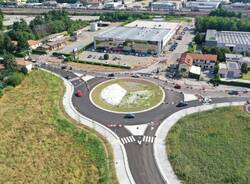


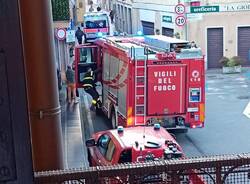
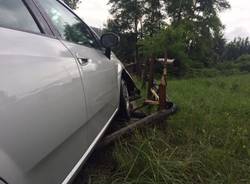

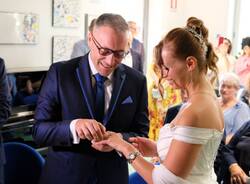






Accedi o registrati per commentare questo articolo.
L'email è richiesta ma non verrà mostrata ai visitatori. Il contenuto di questo commento esprime il pensiero dell'autore e non rappresenta la linea editoriale di VareseNews.it, che rimane autonoma e indipendente. I messaggi inclusi nei commenti non sono testi giornalistici, ma post inviati dai singoli lettori che possono essere automaticamente pubblicati senza filtro preventivo. I commenti che includano uno o più link a siti esterni verranno rimossi in automatico dal sistema.